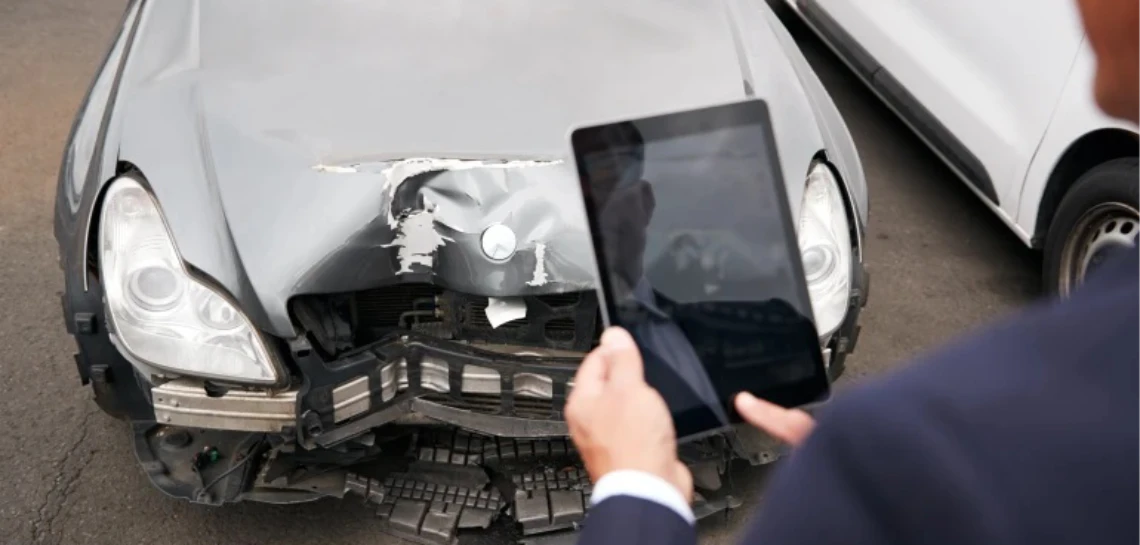
Navigating a car accident settlement timeline can be a process that demands both patience and understanding. While a swift resolution is often desired, it’s not uncommon for settlement proceedings to take longer than anticipated.
Various factors can contribute to these delays, stemming from the complexities of insurance processes, legal considerations, medical assessments, negotiations, and other variables.
Why Do Car Accident Settlements Take Time?
Five of the most common factors affecting car accident settlement timeline are as follows:
- The severity of the car accident case
- Proving Liability
- Collecting Evidence
- Negotiations
- Receiving Your Settlement
The Severity Of The Case
The severity of a car accident case plays a significant role in determining the average time for car accident settlement. The case’s complexity increases when a car accident results in more severe injuries or extensive damages. Such cases often require more in-depth investigations, detailed medical assessments, and comprehensive documentation of the damages incurred. This process can naturally extend the time it takes to gather and analyze the necessary information.
In severe injuries, the full extent of medical treatment and long-term consequences might not be immediately apparent. Medical professionals need time to assess the recovery progress and offer informed opinions about the ongoing medical needs and potential future complications. These assessments are crucial for accurately evaluating the compensation required to cover medical expenses, pain and suffering, and any lasting effects on the victim’s quality of life.
Additionally, the severity of the case can impact negotiations between parties. Insurance companies, attorneys, and other involved parties may engage in more thorough discussions to ensure that the settlement adequately addresses the substantial damages.
Proving Liability
Proving liability is a critical aspect of car accident cases and can significantly contribute to extending the average lawsuit settlement time. Establishing who is at fault for the accident involves thorough investigations, evidence collection, and legal analysis. The complexity of this task can lead to delays in settling.
In some cases, liability might not be immediately apparent. Insurance companies and legal representatives often need time to review police reports, witness statements, accident reconstructions, and other relevant information to determine the responsible party accurately. Disagreements regarding fault can lead to prolonged negotiations and even legal proceedings if settlement talks cannot reach a resolution.
Additionally, multiple parties could be involved in an accident, each potentially sharing a portion of the blame. Determining the degree of fault for each party requires careful assessment, and negotiating a settlement that reflects this distribution can be intricate and time-consuming.
Collecting Evidence
Collecting evidence is a crucial step in the car accident settlement process, and its thoroughness can impact the duration of resolution. The process of gathering evidence involves:
- Accident Scene Documentation: Photographs of the accident scene, vehicle positions, road conditions, and any visible damages help recreate the circumstances.
- Witness Statements: Statements from witnesses can provide objective accounts of the accident and help establish liability.
- Police Reports: Official police reports document details of the accident, including statements from parties involved and the officer’s observations.
- Medical Records: Comprehensive medical records detail the worst injuries sustained and the treatment received, aiding in assessing damages.
- Expert Opinions: Accident reconstruction experts, medical professionals, or other specialists can offer opinions on liability, injuries, and damages.
- Surveillance Footage: Video footage from nearby or traffic cameras can provide visual evidence of the accident.
- Vehicle Damage Documentation: Photographs of vehicle damages and repair estimates illustrate the extent of property damage.
- Communication Records: Emails, texts, or call records related to the accident can provide additional context.
Negotiations
Negotiations are a pivotal phase in the car accident settlement process, and they can contribute to the extended duration of reaching an agreement. During negotiations, parties such as insurance representatives, attorneys, and sometimes the involved individuals discuss liability, damages, and compensation.
Negotiations can involve multiple offers and counteroffers as parties work to find common ground. The goal is to arrive at an accident case settlement that fairly addresses the damages incurred while avoiding the necessity of going to court. These discussions, though time-consuming, aim to ensure that the final accident claim settlement adequately reflects the losses suffered by the accident victim.
Receiving Your Settlement
Receiving your settlement marks the culmination of the car accident settlement process. A formal settlement offer is made after successful negotiations, and both parties agree on the terms. Once you accept the offer, the responsible party’s insurance company typically issues a check for the agreed-upon amount. However, the auto accident settlement timeline may be extended and not happen instantly.
Administrative procedures, processing time, and legal documentation can introduce delays. It is essential to carefully review the car accident settlement check before finalizing it. If you have legal representation, they can guide you through this stage to ensure your rights are protected and the settlement aligns with the agreed terms.
Need Legal Help? Contact an accident law firm
An experienced car accident lawyer can play a crucial role in helping you understand and navigate the timeline of your car accident settlement. They provide valuable insights and assistance in the case evaluation involved in settlement negotiations.
